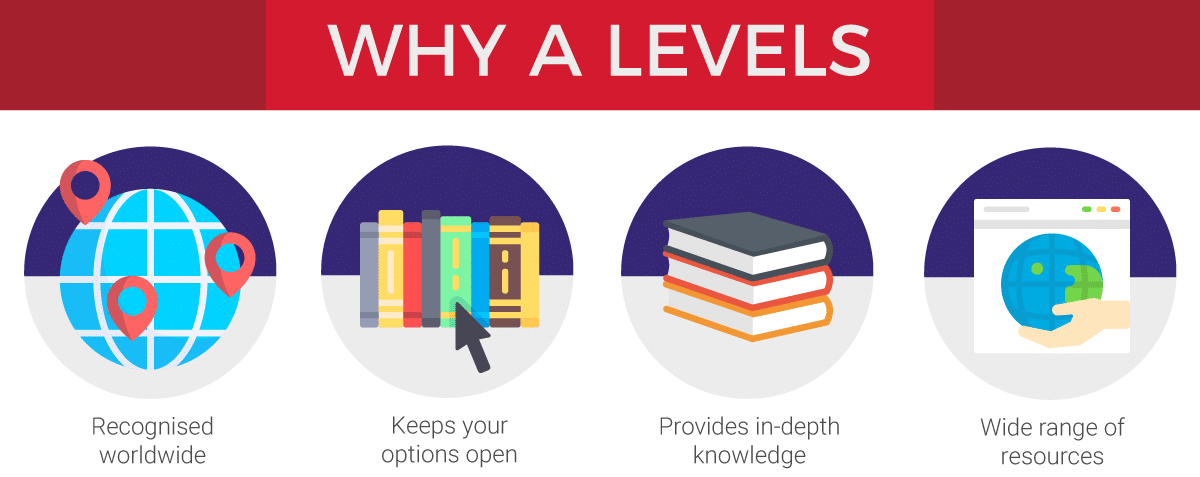In order to promote data mining, data analysis, and data analytics training among academicians and students, the Department of Statistics Malaysia (DOSM) and the Asia Pacific University of Technology and Innovation (APU) signed a Memorandum of Understanding (MoU).
The Chief Statistician of Malaysia and the Vice-Chancellor of APU signed the document during a signing ceremony that took place recently on the Bukit Jalil campus of APU. Senior representatives from both institutions were present and saw it.
In accordance with this Memorandum of Understanding, DOSM and APU agreed to share data analysis, research sharing analytical results, and fresh findings. In accordance with mutual agreement and as permitted by law, the MoU also implements collaboration in the fields of statistical research and knowledge sharing relating to the provision, storage, interchange, and development of official information.
In addition, by utilizing cutting-edge statistical methods, the use of data science and analytics, as well as other cutting-edge strategies, the partnership will also develop subject matter experts for both sides.
This collaboration represents a wise relationship between the two parties for the aspiration of new knowledge, experience, expertise, and study. Selected micro datasets from DOSM will be made available to the APU community for research and the creation of new knowledge.
The chief statistician of Malaysia mentioned during his address that it is hoped that academics and students can fully utilize this data to improve their skills in data mining using a large-scale dataset and so boosting analytical aptitude as well as evidence-based decision making.
The National Big Data Analytics and Data Processing Center is being established by DOSM, according to APU’s Chief Operating Officer, who gave the welcoming address earlier. APU is passionate about big data and in 2015 introduced the first post-graduate Big Data or Data Science program in Malaysia.
We are overjoyed to start working with DOSM because we believe we can do more than just collect data; instead, we can help develop predictive analytics that will aid in both institutional and governmental decision-making, said the CEO.
The Data Analytics Market had revenues of US$22.99 billion in 2020, and it is anticipated that it will grow at a 30.7 percent CAGR to reach a market value of US$ 346.24 billion by 2030.
The majority of business operations are comprised of data analytics since it facilitates the management, processing, and streamlining of massive data volumes. This is carried out in real-time and enhances an organization’s capacity for decision-making. Along with helping businesses better understand their clientele, data analytics also aims to focus the vast amounts of data on the intended audience. This can significantly enhance a business’ marketing. To analyze the enormous volumes of data created in both offline and online trading, many businesses are expanding their use of data and business analytics.
The widespread use of large data analytics software by various organizations as well as its ability to support and improve decision-making are some of the causes driving the growth of data analytics. Other elements include competitive advantages offered by data analysis, which enable quick decisions. Additionally, small and medium-sized businesses have started using cloud-based data analytics software, which has positively benefited the market’s expansion.








